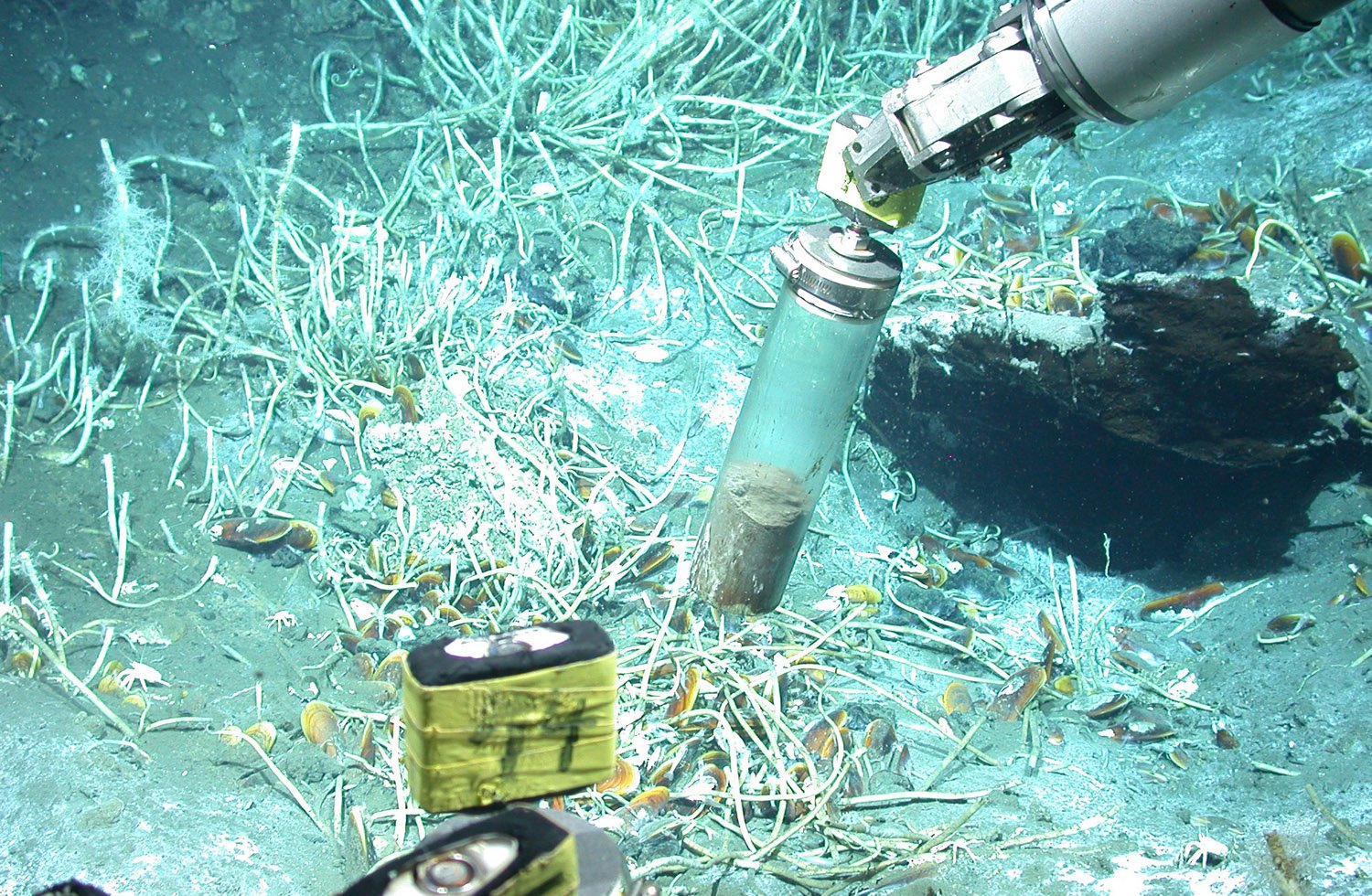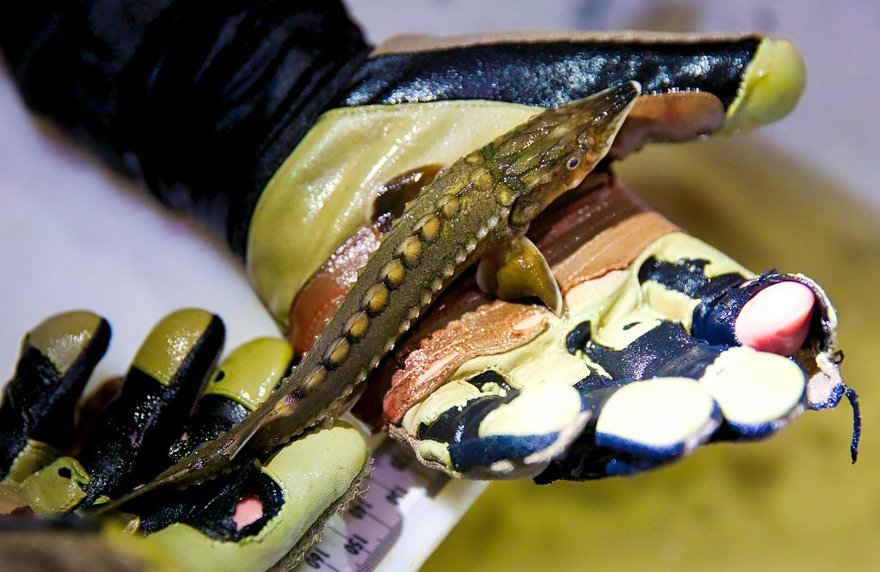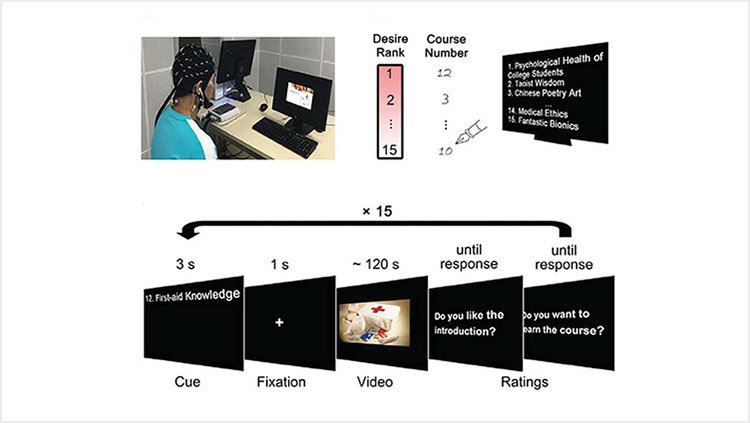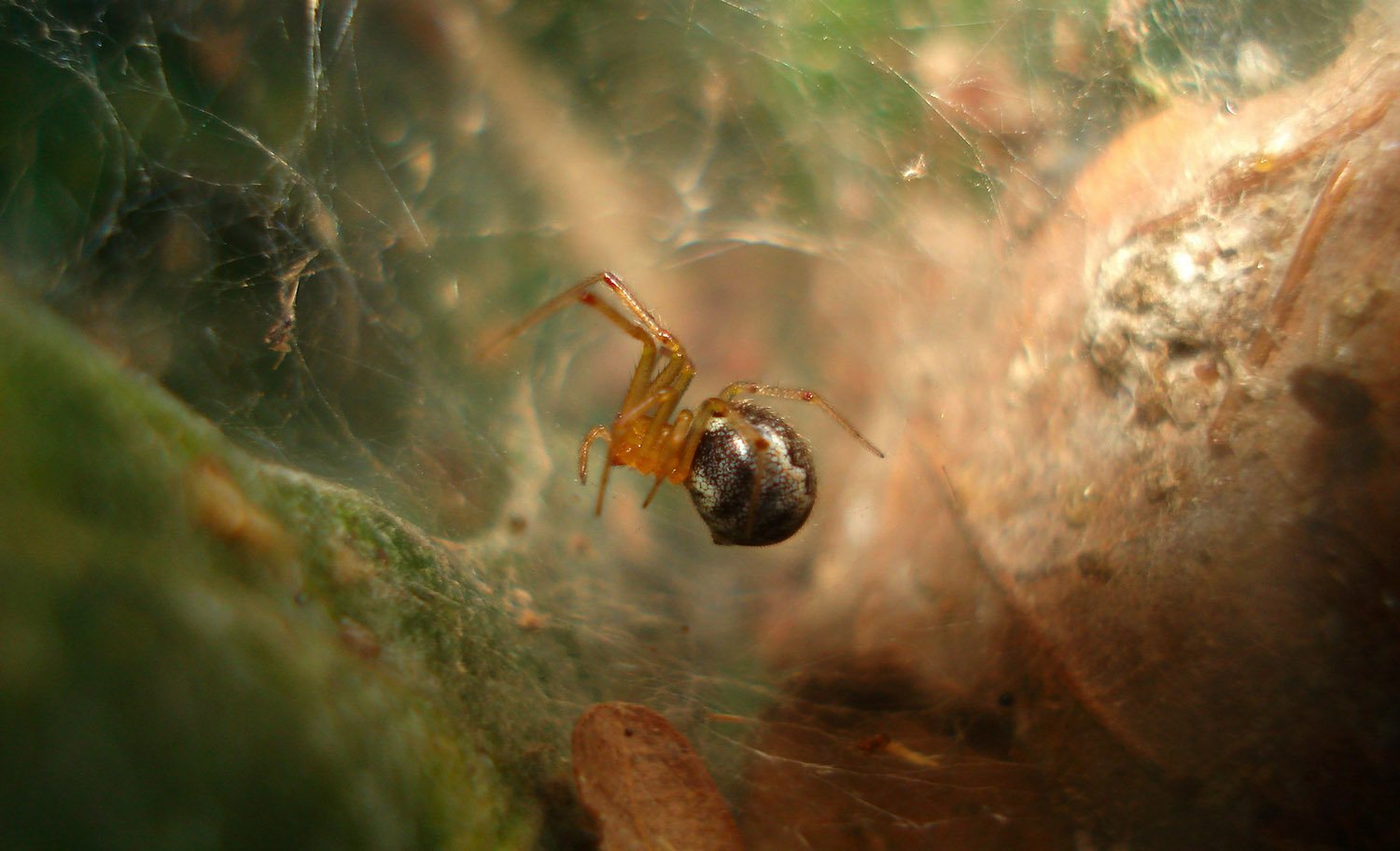All-in-one: New microbe degrades oil to gas
Crude oil and gas naturally escape from the seabed in many places known as “seeps”. There, these hydrocarbons move up from source rocks through fractures and sediments towards the surface, where they leak out of the ground and sustain a diversity of densely populated habitats in the dark ocean. A large part of the hydrocarbons, … Read more









